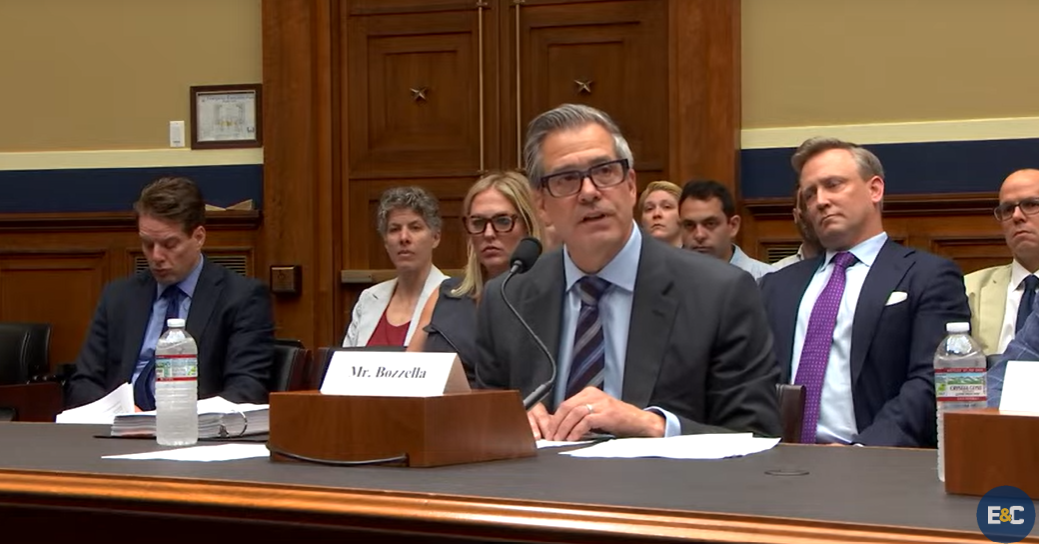NHS Streamlines Tech Adoption: Ending Postcode Lottery for Cutting-Edge Healthcare
2025-07-01

Daily Mail
The National Health Service (NHS) is embarking on a significant overhaul to accelerate the adoption of innovative medical technologies across all hospitals in England. This ambitious plan aims to eliminate the current 'postcode lottery' where access to the latest treatments and equipment varies depending on location. A key element of this transformation is a dramatic reduction in bureaucratic red tape, allowing groundbreaking technologies to reach patients faster and more equitably.
Simplifying the Approval Process: A Win-Win for NHS and Innovation
Currently, medical technology companies face a frustrating and time-consuming process of proving the safety and effectiveness of their products. They must submit separate applications and documentation to each individual NHS trust, leading to duplicated efforts and significant delays. This system not only burdens businesses but also hinders the NHS's ability to rapidly integrate vital advancements into patient care.
The new approach, announced by NHS England, will significantly streamline this process. Firms will now only need to demonstrate the safety and efficacy of their products once to a central body. This single approval will then be recognized across all NHS trusts, eliminating the need for repeated submissions. This streamlined process will free up valuable NHS resources, allowing clinicians and administrators to focus on what matters most: patient care.
Addressing the Postcode Lottery: Ensuring Equitable Access
The 'postcode lottery' has long been a concern within the NHS. Patients in certain areas benefit from access to state-of-the-art equipment and treatments, while those in other regions are left behind. This disparity can have a profound impact on patient outcomes and quality of life.
By accelerating the adoption of new technologies, the NHS hopes to level the playing field and ensure that all patients, regardless of where they live, have access to the best possible care. This initiative aligns with the NHS's commitment to reducing health inequalities and providing a consistent standard of service across the country.
Beyond Efficiency: Driving Innovation and Collaboration
The changes are expected to have a positive ripple effect throughout the healthcare ecosystem. By reducing the regulatory burden, the NHS aims to encourage greater innovation from medical technology companies. This, in turn, will lead to a wider range of cutting-edge treatments and tools becoming available to patients.
Furthermore, the initiative promotes closer collaboration between the NHS, industry, and research institutions. A more streamlined approval process fosters a more dynamic and responsive healthcare system, better equipped to meet the evolving needs of patients. The NHS is committed to working closely with stakeholders to ensure a smooth transition and maximize the benefits of this transformative change. This is a crucial step towards a future where technological advancements are seamlessly integrated into patient care, improving outcomes and enhancing the overall quality of healthcare for everyone in England.
Looking Ahead: A More Agile and Responsive NHS
The NHS's commitment to embracing new technologies and streamlining its processes signals a significant shift towards a more agile and responsive healthcare system. This proactive approach will not only benefit patients but also strengthen the NHS's position as a global leader in healthcare innovation. The focus on efficiency, equity, and collaboration promises a brighter future for the NHS and the millions of people it serves.






